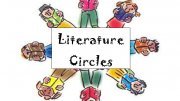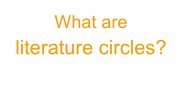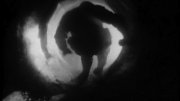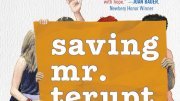 Elementary school and junior high were marked by a lot of experimentation with curriculum. My mother got a homeschool catalog in the mail, and she’d sit down and go through it, highlighting anything she thought was interesting, and I’d pick out a few things that I thought were cool, and that’s what we’d end up doing for electives. However, once we hit high school, I was focusing pretty intently on my piano, as well as my writing, so I wasn’t very interested in electives besides those two. We stuck with the core high school curriculum, and for the most part only used A Beka and BJUPress.
Elementary school and junior high were marked by a lot of experimentation with curriculum. My mother got a homeschool catalog in the mail, and she’d sit down and go through it, highlighting anything she thought was interesting, and I’d pick out a few things that I thought were cool, and that’s what we’d end up doing for electives. However, once we hit high school, I was focusing pretty intently on my piano, as well as my writing, so I wasn’t very interested in electives besides those two. We stuck with the core high school curriculum, and for the most part only used A Beka and BJUPress.
I have very clear memories of my high school experience. I remember the way all the books looked, I remember specific passages and illustrations. I remember quizzes and homework problems.
10th grade was A Beka biology, grammar, and history, BJUPress geometry and literature.
The biology was absolutely ridiculous, in retrospect. They argued a few things about evolutionary missing links that when I did research years later were either exaggerations or misrepresentations. They spent a lot of time presenting their version of evolutionary theory, and what they did was give me nothing more than a straw man. They made assertions about what evolutionists think that make evolutionists look patently ridiculous– the problem is, modern evolutionists haven’t thought or expressed any of those ideas in over a century in some cases. The textbook spends an inordinate amount of time building a case for philosophical Modernism– it doesn’t really have much to do with science, but it has everything to do with conservative and fundamentalist religion.
The grammar and vocabulary books were fine, for the most part, except that A Beka has a very particular agenda to push when it comes to grammar. All of their books explicitly teach prescriptive grammar, and condemns all dictionaries past Webster’s 3rd as absolutely corrupt. The BJUPress literature book taught the same attitude, haranguing almost any author past the 18th century for their amorality and relativism. In fact, the only author I read that could at all be described as post-modern would be T.S. Elliot, and he barely qualifies. I also don’t remember much — if anything– written by someone who wasn’t a white man. So, while most of my peers read books like To Kill a Mockingbird and Catcher in the Rye or 1984, I didn’t read any of them until I got to graduate school.
Source: samanthapfield.com
You might also like:

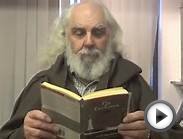
Related posts:



